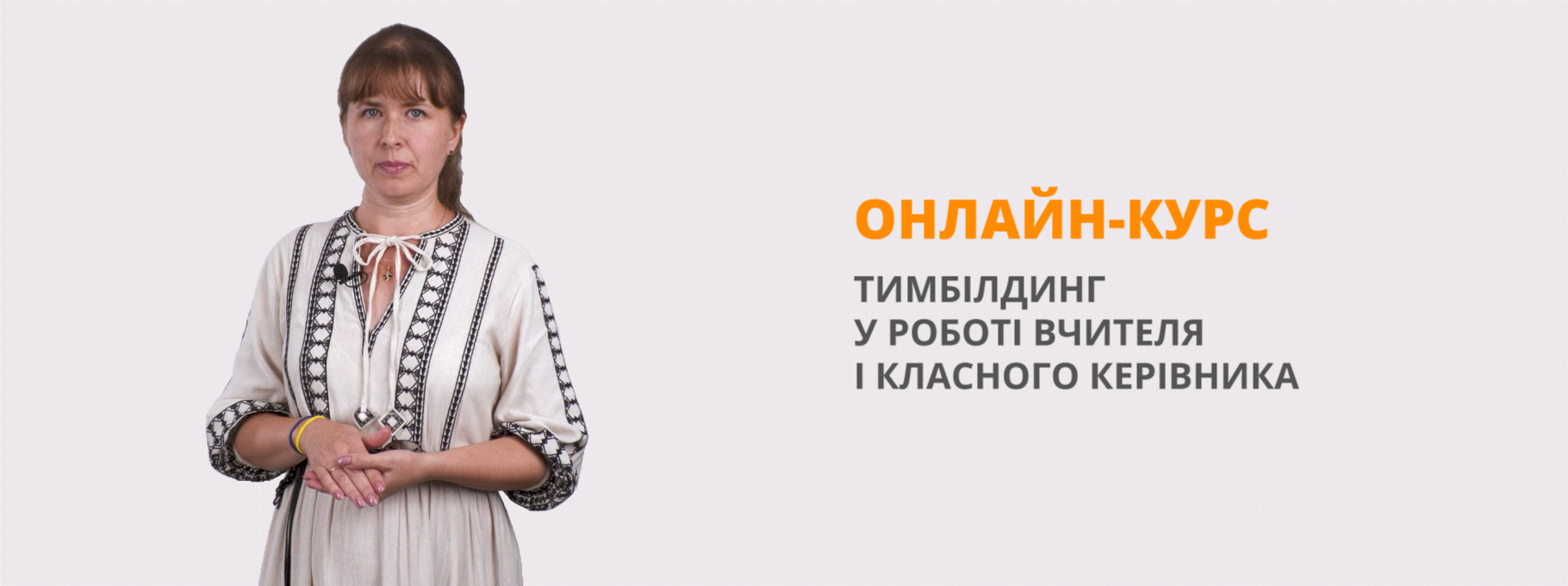Контроль читання 10 клас
Twenty-first century cowboys
Cowboys have always had a romantic image. When people first watched Hollywood films, being a cowboy wasn’t a job. It was a life of adventure, freedom, horses. It was a classic symbol of the United States of America. In reality, the real American cowboys have lived and worked here in the west and south-west of the United States for over three centuries, long before Hollywood. The adventure and romance have disappeared but the hard work and long hours are the same as they’ve always been.
No one knows how many cowboys are still working. Maybe between ten and fifty thousand. It’s also difficult to define a twenty-first century cowboy. Surely it can’t be the big cattle owners who do business with a seventy-billion dollar beef industry? These modern ranches use the latest technology and employ accountants. But even some of the old traditional cattle ranches make more money nowadays by offering holidays to tourists; people come and stay for a holiday and live the cowboy’s life (or a Hollywood version of it).
But even with technology and Hollywood romance, real cowboys still do the same job they have done for years. The cattle still need to walk across huge plains and eat grass many miles from the ranch. And so cowboys ride on horses to bring them home. Cowboys work in the middle of nowhere, in a place where you can’t make a phone call because mobile phones don’t work. Like the cowboys of the past, twenty-first century cowboys still get up early on freezing cold mornings and make breakfast over an open fire. There is no Monday to Friday, weekends off or paid holidays.
So why do men – because it is usually men – choose this life? Pat Crisswell had a good job with the government. He made good money but he didn’t like the city. He wanted to do something different. So one day, he gave up his job and moved to a ranch in Texas, earning much less as a cowboy. He remembers his work colleagues in the city on the day he left. They all thought Pat was crazy. But he wanted job satisfaction more than money.
Two brothers – Tyrel and Blaine Tucker – have lived on ranches and worked with cows since they were children. Their mother had a ranch in Wyoming. Last winter, they looked after 2,300 cows. Every day from December until April, they rode across nearly 100,000 acres of land with only the cattle, the horses, and each other for company. Eighteen-year-old Tyrel Tucker says, ‘It was fun. You get to be by yourself.’
Blaine has a large moustache and Tyrel is growing his. They wear traditional cowboy clothes with the famous hat and boots. You could do the same job in a baseball cap and a truck but Tyrel and Blaine prefer the traditional cowboy culture: ‘It’s a real life about you, your horse and the open country.’
Variant I
Task I
|
Paid, colleagues, adventure, huge plains, freedom, holidays, freezing mornings |
- Cowboy’s life is full of...and...
- Modern ranches offer...for tourists.
- The cattle walk across...
- Cowboys get up on...
- Pat... considered him to be crazy.
- There is no...holidays.
TaskII
Read the statements and write if they are “True” or “False”
- Being a cowboy was a life of adventure.
- It is easy to define a cowboy of the 21-st century.
- Modern ranches employ farmers.
- The cattle eats grass far away from the ranches.
- Cowboys don’t get up early nowadays.
TaskIII
Match the parts of the phrases
|
|
|
|
|
|
|
|
Task IV
Answer the questions
- How long have the real American cowboys lived and worked in the USA?
- Where do the cowboys work?
- Why can’t you phone a cowboy while he is working?
- What image have the cowboys always had?
- Why did Pat Crisswell move to Texas?
- What do Tyrel and Blaine usually wear?
Variant II
Task I
|
hard, less, symbol, accountants, cowboy’s, open fire, romance |
- Cowboy is a classical...of the USA.
- Modern ranches employ...
- Some tourists want to live the...life.
- Cowboys make breakfast over the...
- Pat earned much...in Texas.
- The...has disappeared but the...work is the same.
TaskII
Read the statements and write if they are “True” or “False”
- A cowboy was a classical symbol of the USA.
- Cowboys are the big cattle owners.
- Some traditional ranches invite people to live the cowboy’s life.
- Cowboys bring the cattle home.
- Cowboys work only at weekdays.
TaskIII
Match the parts of the phrases
|
a) to define |
|
b) mornings |
|
c)in the middle of nowhere |
|
d)a job |
Task IV
Answer the questions
- How many cowboys are still working ?
- What do the modern ranches use?
- What is similar between the modern cowboys and those of the past?
- What did Pat Crisswell decide to do one day?
- How long have Tyrel and Blaine Tucker lived and worked on ranches?
- What distance did the brothers ride every day during the last winter?


про публікацію авторської розробки
Додати розробку
